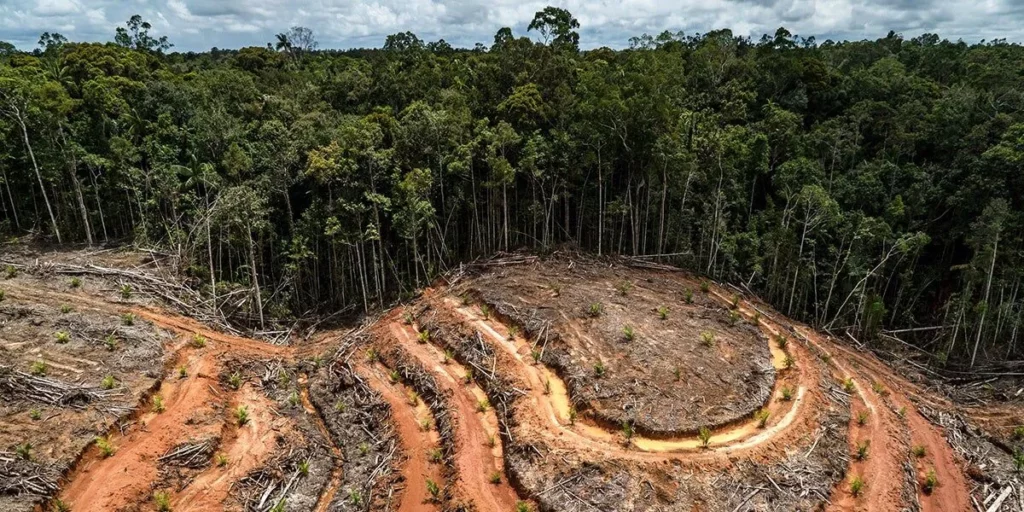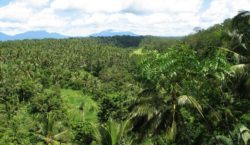
Indonesia and Norway have agreed to start a new partnership to reduce carbon emissions from deforestation in the Southeast Asian country. This happens after the collapse of a similar $1-billion agreement last year that was part of a UN-backed global initiative, which Jakarta ended indicating a lack of payments, while research showed only small reductions in Indonesia’s carbon emission rates.
Through an official statement, Norway’s minister of climate and environment, Espen Barth Eide, said “the new partnership will support Indonesia’s continuous efforts to reduce greenhouse gas emissions from forests and land use, through the implementation of Indonesia’s ambitious goal of net sink emissions in the forest and land use sector by 2030. (…) we are proud to embark on a new partnership to support the Indonesian government’s impressive results and ambitious plans.”
Indonesia has been blamed by environmentalist of allowing companies to clear forest land for rubber plantations. The government says these rates has slowed, and that balance is needed to allow development, while further claiming progress to have been made by reducing rates of primary forest loss for five years straight.
Environmental activists criticize the deal for not changing the situation in Indonesia, and for neglecting recognition of indigenous people. The deal was struck under the United Nations-backed REDD+ mechanisms which has similarly been criticized for being ineffective, and for failing to include indigenous communities’ rights.
The statement said that Norway will send Jakarta an initial $56 million payment for its deforestation reduction in 2016-2017. Further, it will pay Indonesia for the reductions in carbon emissions that has followed. This could potentially mean hundreds of millions of dollars to Jakarta.
Indonesia has a goal of reaching a net carbon sink – storing more carbon than is released – by 2030. However, its forests are still shrinking mainly due to the implementation of rubber plantations.
Similar fast moving rates of deforestation is seen in neighborouing East Asian countries. In Cambodia, the authorities continue to grant companies forest concessions for illegal logging in protected areas of the Prey Lang forest, resulting in 120.000-150.000 square kilometres of lost forest a year, with poverty, indigenous’ access to resources and corruption being contributing factors.
According to Global Forest Watch, a monitoring programme of the environmental research group World Resources Institute, Indonesia’s tree cover has decreased by 18 percent since 2000, a loss that accounts for 6.5 percent of the global total. Indonesia’s vast rainforests include pristine forest types such as mangroves that serve as a buffer against coastal erosion to peat swamps, and has the capacity to store 30% more carbon than the country’s entire forest biomass together, making them a stabilising anchor for climate dynamics. They are also the lifeline for Indonesia’s communities and industries.
Norway, the World’s fifth largest oil exporter, has pleaded to be the first country in the World to cut its net greenhouse gas emissions to zero by 2050 and become “carbon neutral”. They intend to do this, like other wealthy countries, by offsetting its 54m tonnes of carbon emissions a year using quotas bought on international markets. A spokesman of Greenpeace said upon this announcement, that Norway shines in borrowed feathers, and that it should take responsibility for carbon emissions in Norway rather than buy its way out of emissions it causes by exporting oil and gas.
https://www.theguardian.com/environment/2007/apr/21/climatechange.climatechangeenvironment




5 Comments on “Norway buys carbon credits from Indonesia’s rainforest”